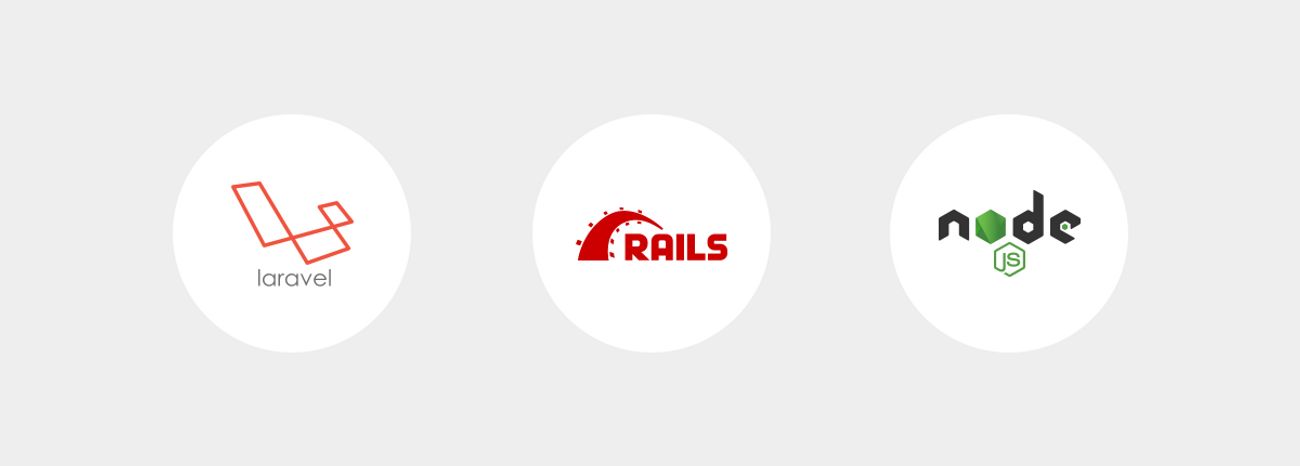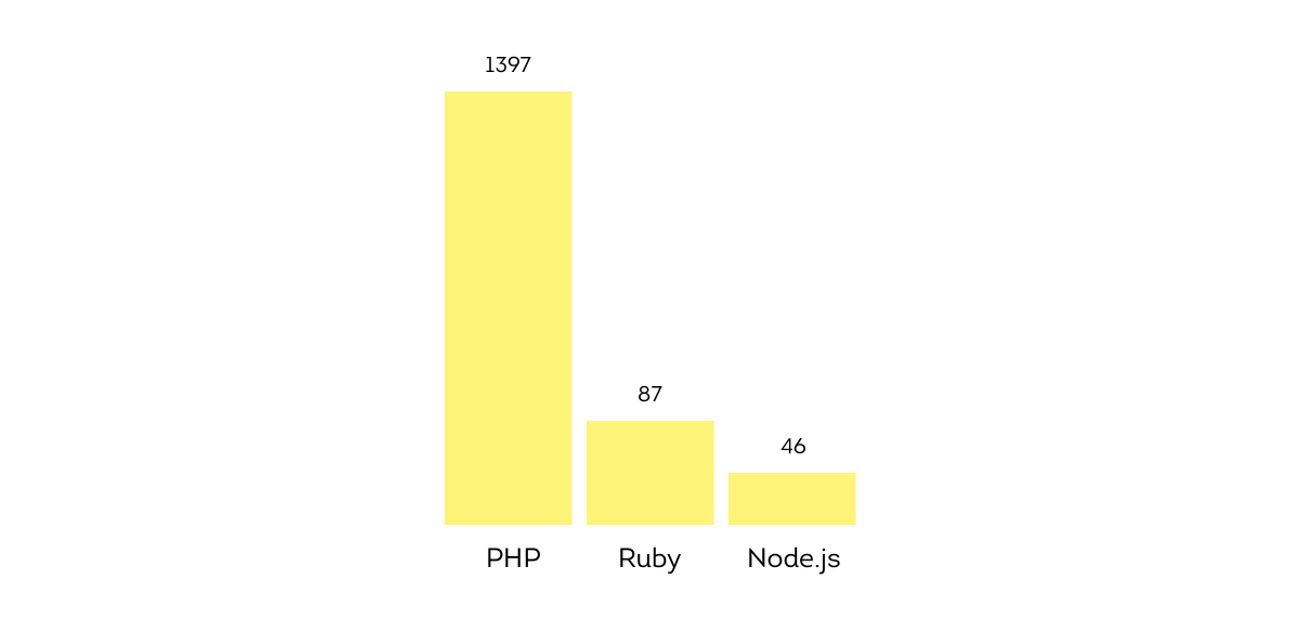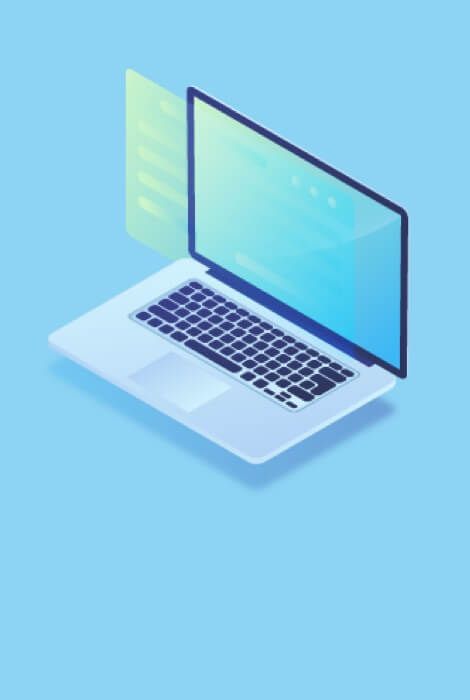WHAT IS LARAVEL?
If you are reading this, then you have probably been to Wikipedia and understood almost nothing of its tedious definition: “Laravel is a free, open-source PHP web framework, created by Taylor Otwell and intended for the development of web applications following the model—view—controller (MVC) architectural pattern.”
Well, Laravel is indeed just another PHP framework. We have already compared some of the PHP frameworks. But this is not about which PHP framework is the fanciest. Most probably, you are now considering some of the following options: PHP/Laravel, Ruby on Rails, Node.js-based framework, or even something else. But it’s Laravel that made you think of PHP for your application, isn’t it?
There is a lot to say about Laravel but the most important thing to know is that Laravel is a PHP framework based on Symphony. Taking the best of Symphony (dependency injection and HTTP usage) it allows reducing the amount of code and significantly improves the performance.
For developers, Laravel means, first and foremost, the code brevity, which saves time and reduces the chance of mistake.
Klim Trakht, CTO at Kultprosvet
WHEN DO YOU NEED LARAVEL?
LARAVEL VS RUBY ON RAILS VS NODE.JS

There would be no need for this post if there weren’t any alternatives. Let’s see what are the reasons for a developer selecting a framework or a technology.
Most of the software engineers sell their services within the technologies they’re keen on. This is quite reasonable assuming the time spent on mastering the technology and desire for these efforts to pay off.
Thus they automatically become the ambassadors of the technology they have mastered. No developer would ever admit that the technology he uses sucks. This is where the fight for the best technology begins.
So why would developers start working with Node.js, Ruby, and Laravel? Let’s examine the motivation of those who are open to change:
- Node.js suits best the teams of front-end developers working primarily with JavaScript. They don’t want anyone else to mess with their project—especially another technologу—so that they could continue using their favorite JS syntax and develop the backend.
- Ruby on Rails owns its birth and popularity simply to the fact that at some point Laravel was needed but it wasn’t there yet. Ruby on Rails praises the same principles as Laravel: the brevity of the code and its performance.
- Speaking of Laravel, PHP developers were waiting for a solution like this for a long time. Assuming that PHP engineers make the majority of all the backend developers, the popularity of Laravel was imminence.

A DEVELOPER’S OPINION
I think Laravel and Ruby on Rails are pretty equal platforms for web application development. Both of them have excellent documentation and large developer communities. Node.js used to have some strengths such as asynchronous query processing and direct WebSocket support—but now both Laravel and Ruby on Rails can do that as well. There are a lot of frameworks for Node.js, and many of them are still in beta status. They are far behind Laravel and Ruby on Rails in terms of documentation and clarity. PHP 7 release became the key factor for Laravel evolvement. It increased the performance of PHP-based solutions.
Stanislav Volnjanskij, Senior software engineer at Kultprosvet
LARAVEL PROS
- The code brevity saves your time.
- The performance is improved after PHP 7 release.
- The large developer community helps to solve any problem quickly.
- Extensive and well-structured documentation is available.
- A great number of the resources like Laracasts makes it easier to learn and boosts the labor market potential.

